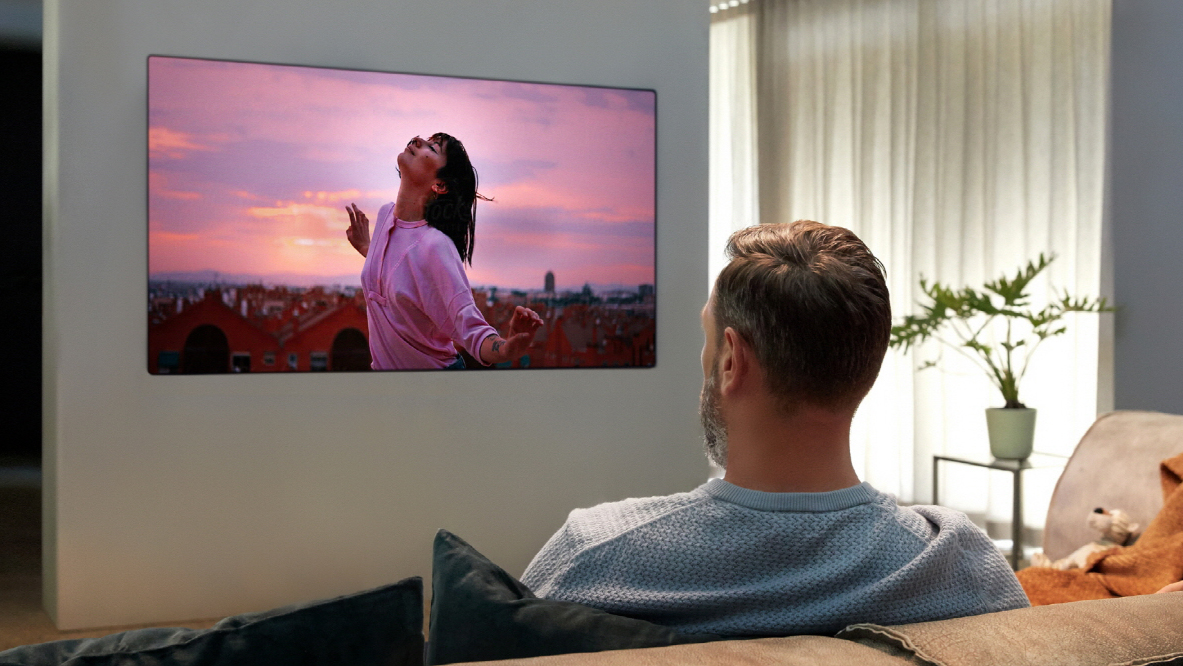

If you're looking for the best TVs then changes are you've come across the rarest – and most expensive – models on the market: the 8K TV.
While 4K TVs have become commonplace, 8K is still waiting for its moment to grace most living rooms – even OLED TVs are more widespread at this point.
We'll get into the reasons for and against getting the best 8K TVs below but primarily the issue stems from the sheer size and expense that comes with owning the crème de la crème of TVs.
We love going to John Lewis and looking at the ridiculously massive TVs as much as the next person but for some, viewing TV and movies at the highest possible resolution is the ultimate goal.
Manufacturers, from Samsung to LG to TCL, have been working on making cheaper and better 8K TVs for long enough that the results have started to trickle down to some more reasonably priced examples.
Of course, just getting an 8K doesn't make for a great experience: you're also going to be wanting to look for the best soundbars and making sure you're subscribed to the best streaming services.
So, should you be seriously considering an 8K? Let's take a look.
Sign up to the T3 newsletter for smarter living straight to your inbox
Get all the latest news, reviews, deals and buying guides on gorgeous tech, home and active products from the T3 experts
Why an 8K TV is worth it
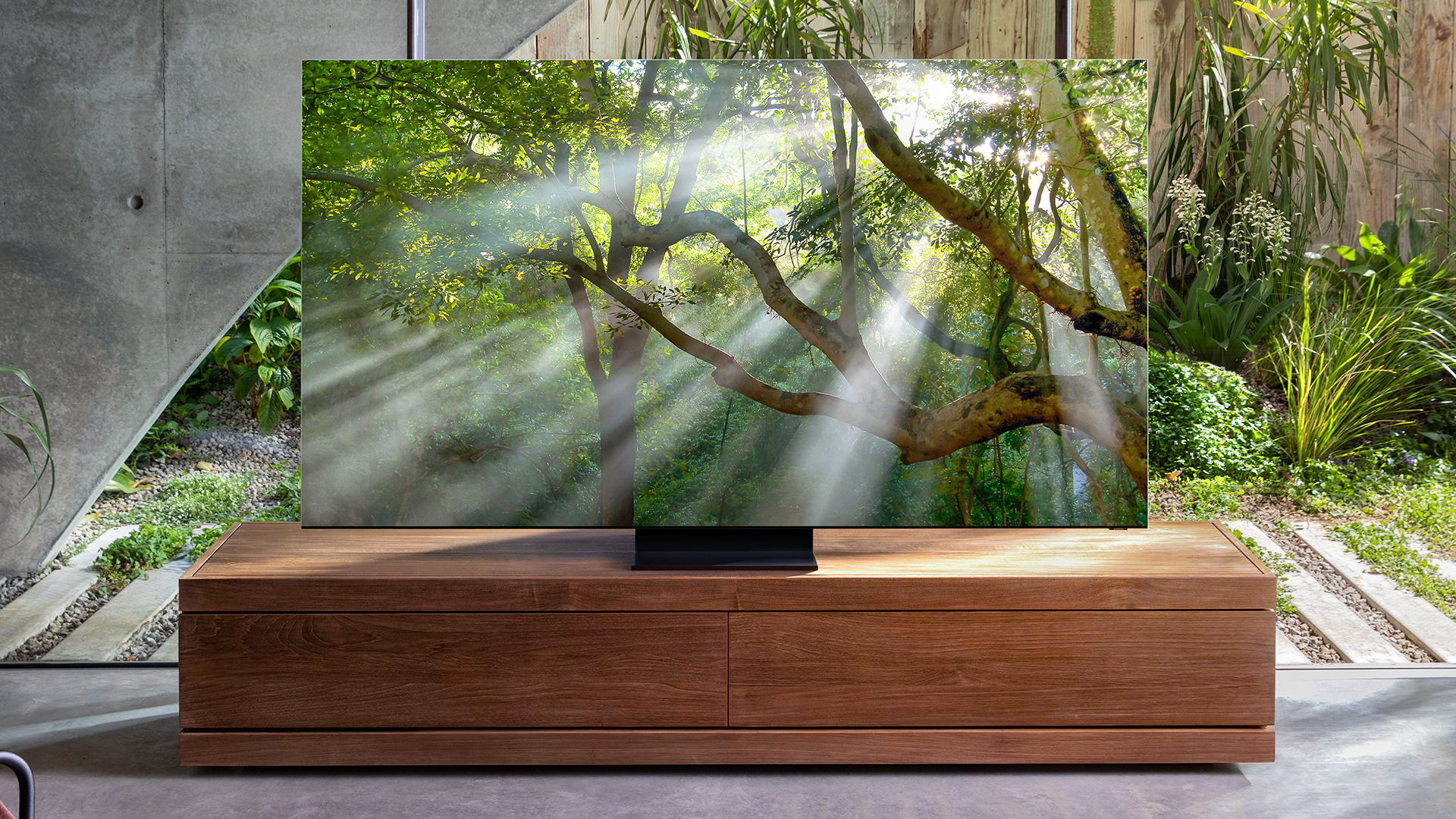
The most obvious reason for wanting an 8K TV is that, well, you want to watch content in 8K. If you feel like HD and 4K just aren't cutting it, then the only real answer you have is taking the plunge.
We'll get into the drawbacks to watching 8K content more below – spoiler: there simply isn't much content to watch – but for some people, having 8,000 pixels of content across is the right choice.
All 8K TVs come with built-in upscaling software, often using artificial intelligence, to make ordinary content appear naturally at the increased resolution. As a reference point, 35mm film is considered to be around 6K and IMAX's 70mm film is around 12K, meaning that you're existing at the pointiest edge of cinematography.
In raw numerical terms, 8K means 8,000 pixels across, in the same way that 4K means 4,000 pixels across. Now, you won't get exactly 8,000 pixels, given that manufacturers need to squeeze as many as possible into the available panel space.
Instead, you're likely to get something like 7680x4320, which is still very respectable and works out at nearly 33 million pixels. It's safe to say that content is going to look very, very good at that kind of fidelity.
Beyond multimedia content, gaming is the other avenue to explore if you want to push your 8K TV to the absolute limit. Both the PlayStation 5 and Xbox Series X can theoretically support 8K gaming but the reality is a little less exciting.
As future proofing, though, getting an 8K TV makes a lot of sense, given that gaming will only getting more and more high definition as the 2020s go on.
Finally, one of the biggest reasons – literally – for getting an 8K is that they come in massive sizes, often 60- or 70-inches and above, meaning that anyone who wants a huge TV to go with their living room setup will automatically be looking at 8K.
If these reasons sound convincing to you, T3's extensive testing found that the Samsung QN900B is the best 8K TV on the market for most people, offering incredible specs and an out-of-this-world image.
Why an 8K TV isn't worth it
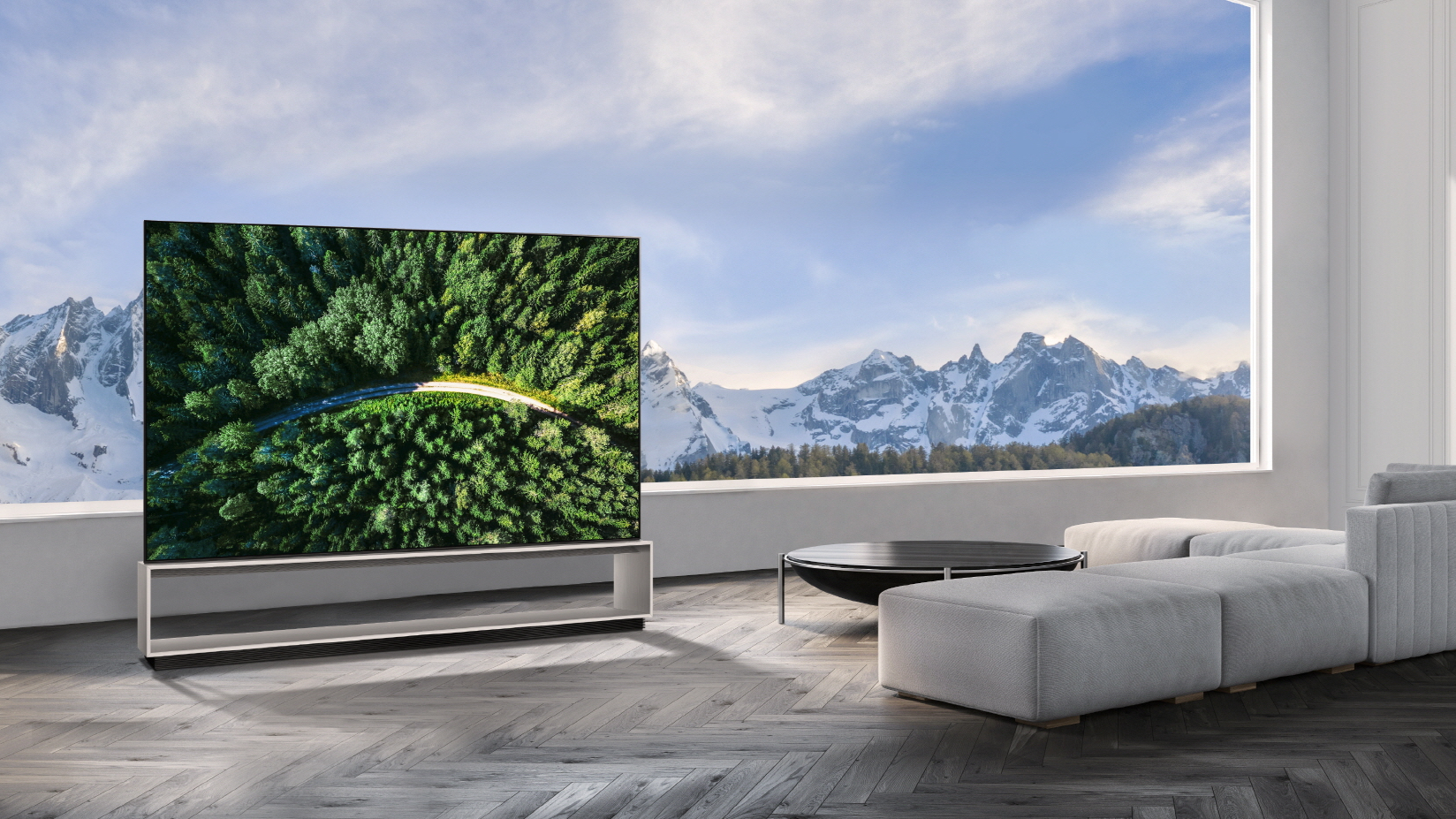
Okay, so that's the fun part over. Now to the home truths.
First and foremost, an 8K is expensive. We're talking really, really expensive, even for one of the more "budget" options out there.
In our testing, we found that the Samsung QN800A is the best affordable 8K TV, combining everything you'd want into a pretty sweet package, but even that will set you back around £2,000, depending on the kind of deals on offer.
(For reference, the T3 Award winning Samsung QN900A we talked about above starts at around £4,449 for the 65-inch and goes up to nearly £10,000 for the 85-inch.)
That might send you running for the hills – and you wouldn't be totally crazy to do so – but if it doesn't then the main drawback for owning an 8K TV has gone away.
As with anything, like buying the 16-inch MacBook Pro or Samsung Galaxy S22 Ultra, both expensive devices in their own right, your usage will make these price tags seems reasonable or not. If you spend a lot of time watching beautiful, high-def movies and TV, an 8K TV can make a lot of sense all of a sudden.
Which brings us to the other main drawback: a lack of 8K content.
Because 8K TVs are so niche still, not many things are produced in 8K resolution, especially not on the best streaming services like Netflix or Apple TV+. BT Sports has trialed some 8K content, but that's about it. (Of course, upscaling gets you some of the way, but it's not 'true' 8K.)
As we mentioned above, gaming is the other viable use case, especially if you own a PS5 or Xbox Series X, but even there most games are capped at 4K – and sometimes even less. Take heart from the fact that both have 8K HMDI support, though.
Finally, we want to mention a fairly boring practical thing: broadband connections. The best broadband packages can often be limited to relatively low download speeds, especially if you aren't willing to pay upwards of £50 per month.
8K files are absolutely massive, meaning that your internet is going to take a hammering. Oh, and if you don't have the HDMI 2.1 connection, your content will automatically be limited to 4K. It's a tough world.
So is an 8K TV worth it?
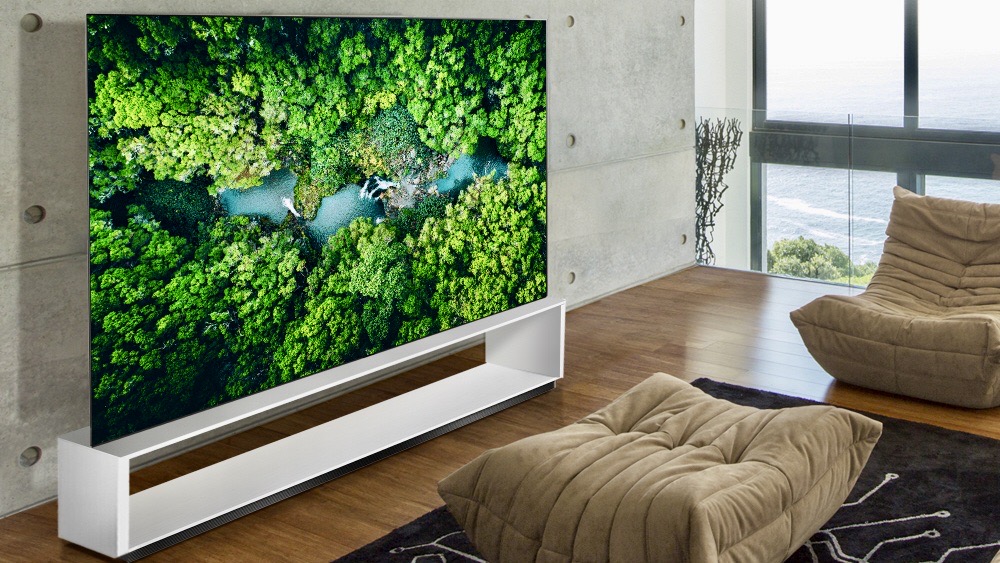
You might be thinking, well, what's the point? 8K is expensive and niche.
But if you want to see something truly breathtaking in the comfort of your own living room (or man cave, as it might be), nothing can beat an 8K TV, besides maybe a 4K projector, but that comes with different hassles.
So that's it: you buy an 8K TV because you want the very, very best and nothing else will do, even if it costs as much as a reasonably extravagant new car. People spend a lot more money on things that can't stream Love Island every day.
Maybe this is what your living room has been missing all along.
Max Slater-Robins has written for T3 now on and off for over half a decade, with him fitting in serious study at university in between. Max is a tech expert and as such you'll find his words throughout T3.com, appearing in everything from reviews and features, to news and deals. Max is specifically a veteran when it comes round to deal hunting, with him seeing out multiple Black Friday campaigns to date.
-
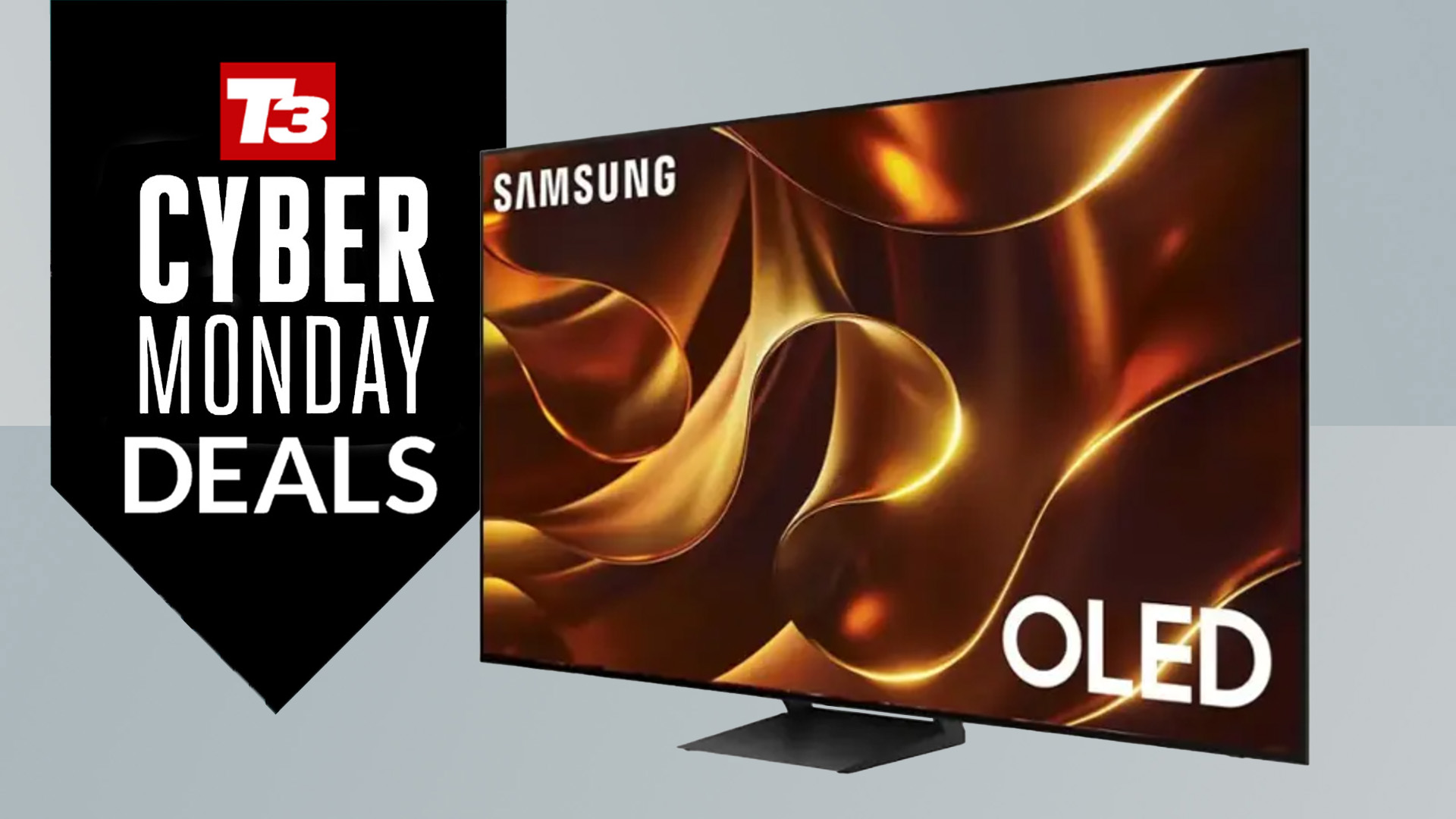 This monster 77-inch Samsung OLED TV is less than half price for Cyber Monday – that's crazy!
This monster 77-inch Samsung OLED TV is less than half price for Cyber Monday – that's crazy!You can get $1,700 off the Samsung Class S84D OLED at Best Buy right now
By Rik Henderson
-
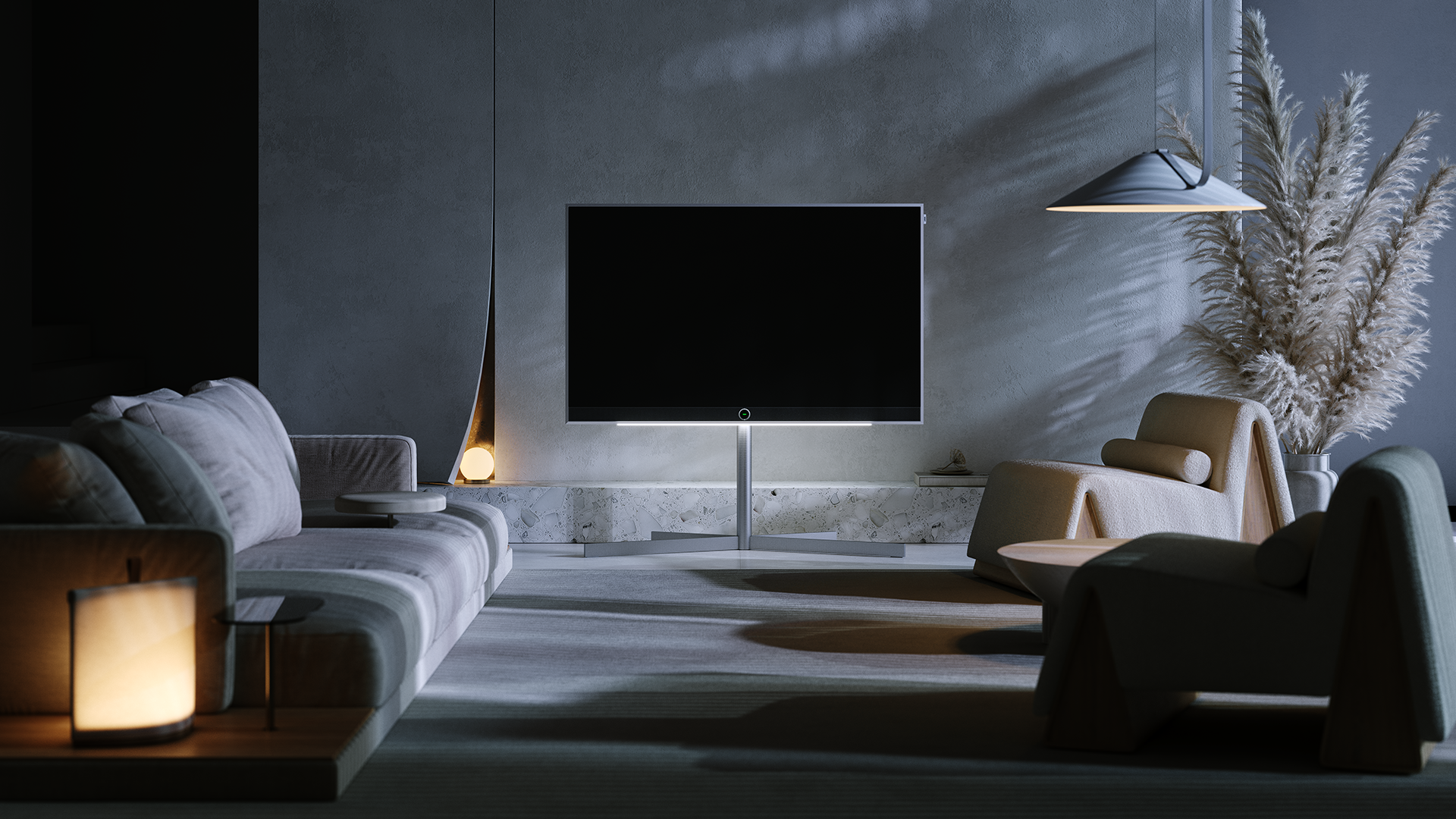 Loewe's Stellar OLED TVs aim to match picture performance with premium design
Loewe's Stellar OLED TVs aim to match picture performance with premium designDramatic designer TV choices
By Max Freeman-Mills
-
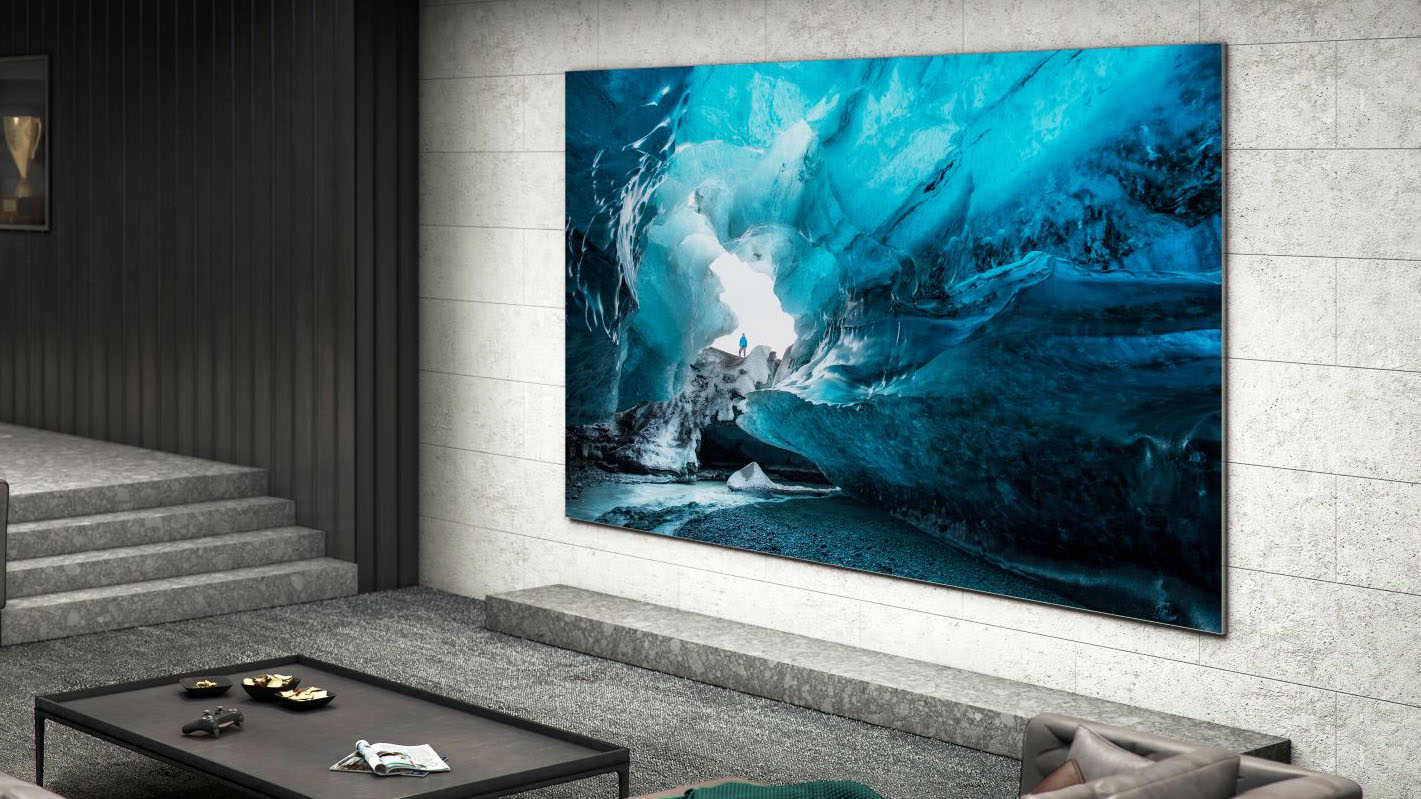 OLED TV or microLED TV: which is the better buy right now?
OLED TV or microLED TV: which is the better buy right now?MicroLED TVs are even better than OLED – but they're going to be terrifyingly expensive when they launch next year.
By Carrie Marshall
-
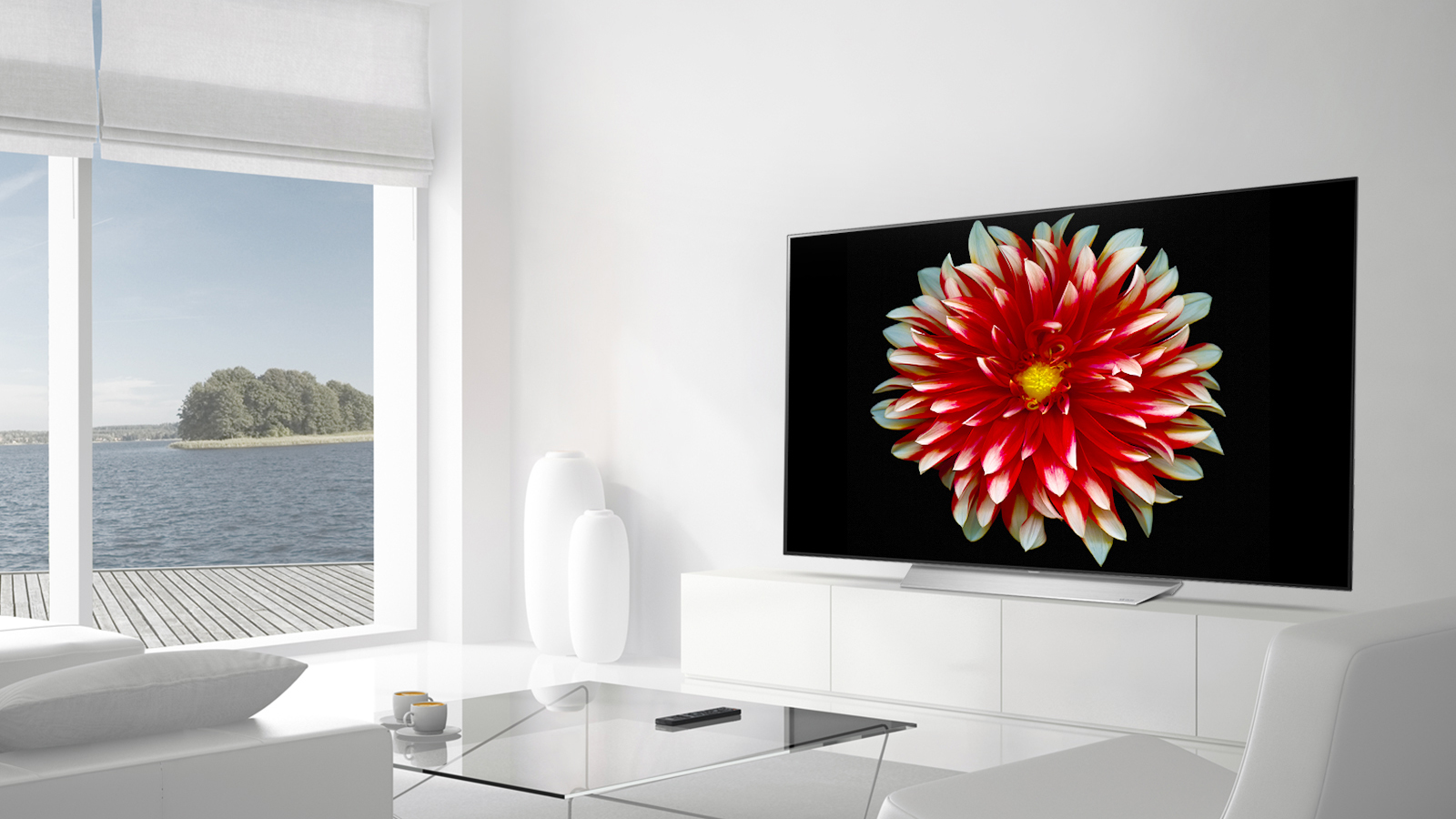 3 reasons to buy an OLED TV right now
3 reasons to buy an OLED TV right nowOLED TVs have to be seen to be believed – and there are very good reasons to treat yourself to one this month
By Carrie Marshall
-
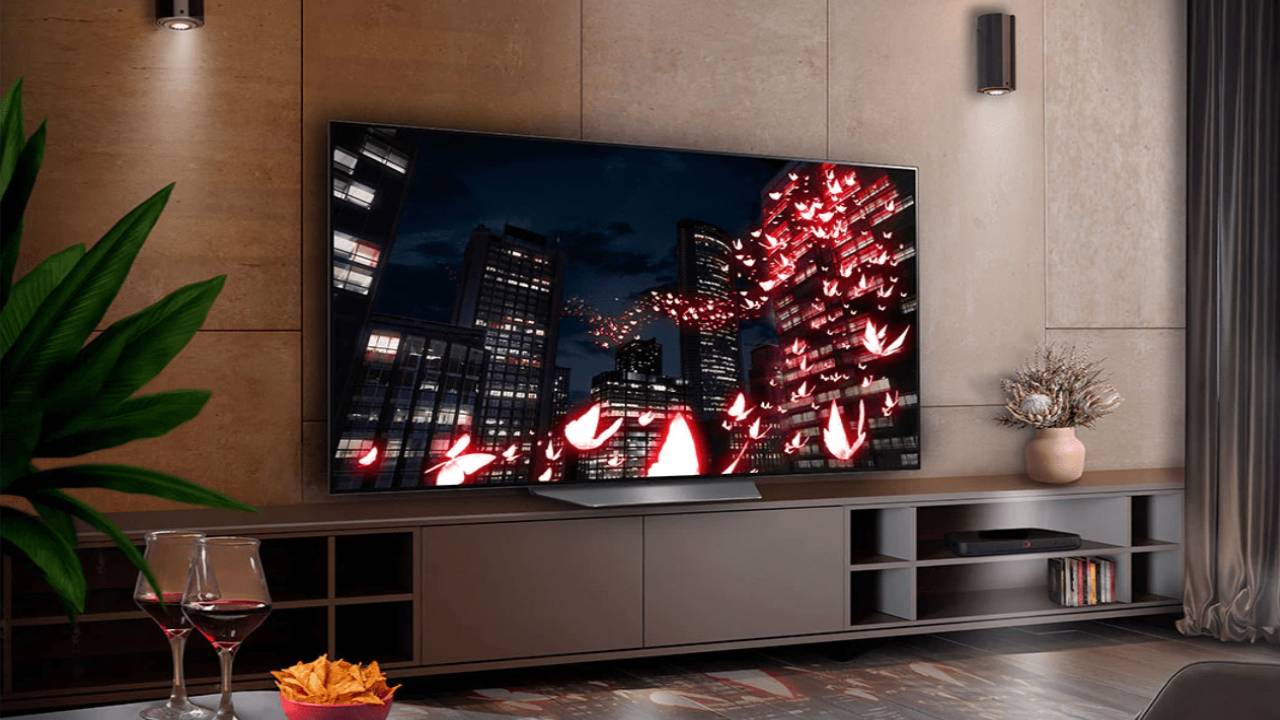 LG TV owners just got Apple TV+ for free
LG TV owners just got Apple TV+ for freeNo matter if you have an LG OLED TV or an LED model, you just got Apple TV+ for free
By Robert Jones
-
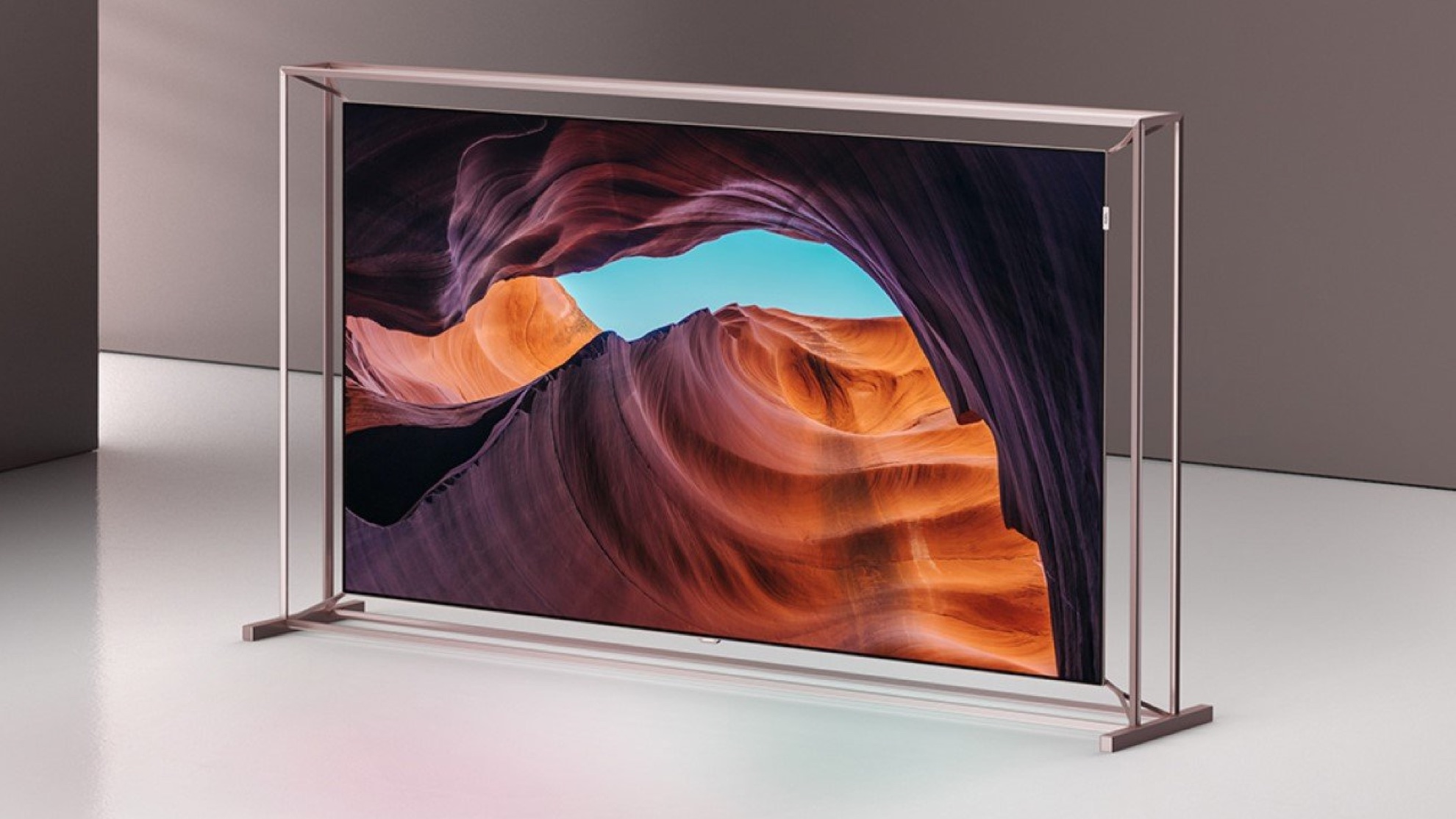 This LG OLED TV looks simply mind-blowing
This LG OLED TV looks simply mind-blowingImagine there's no bezels. It's easy if you try
By Carrie Marshall
-
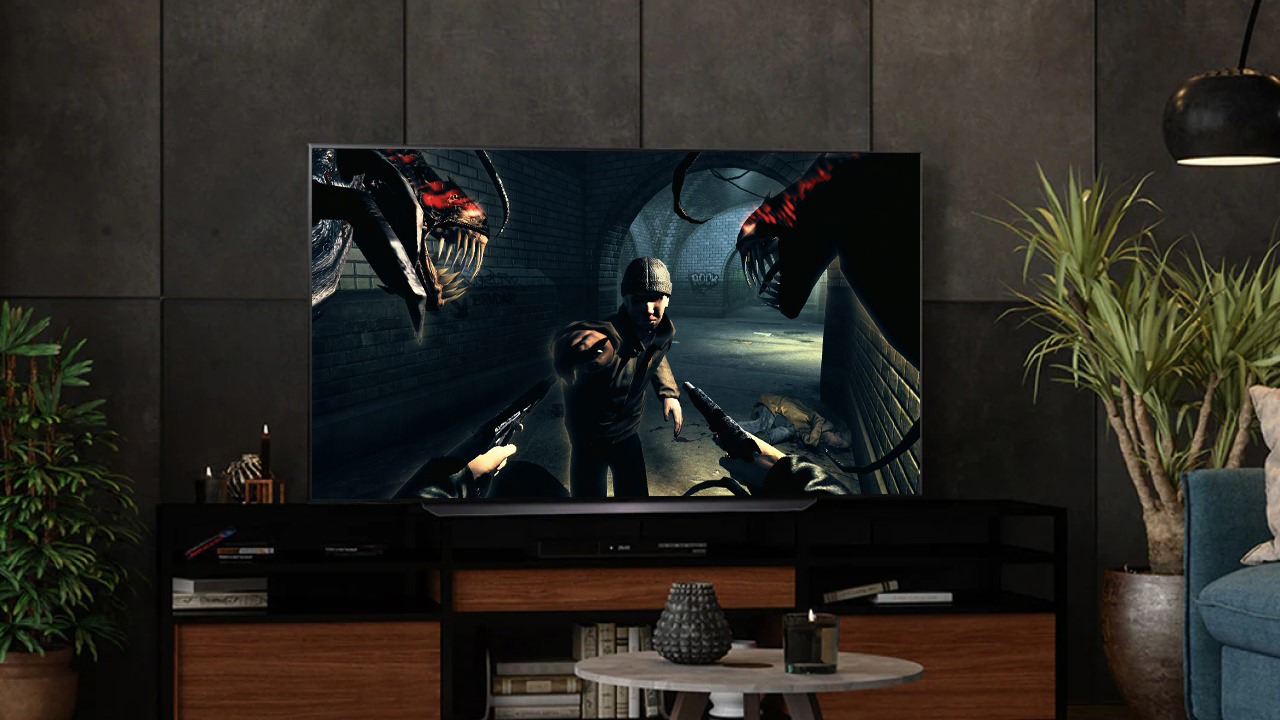 My LG C1 OLED TV makes The Darkness look incredible on Xbox Series X
My LG C1 OLED TV makes The Darkness look incredible on Xbox Series XThis classic first-person shooter is taken to a new level of awesome thanks to OLED TV tech
By Robert Jones
-
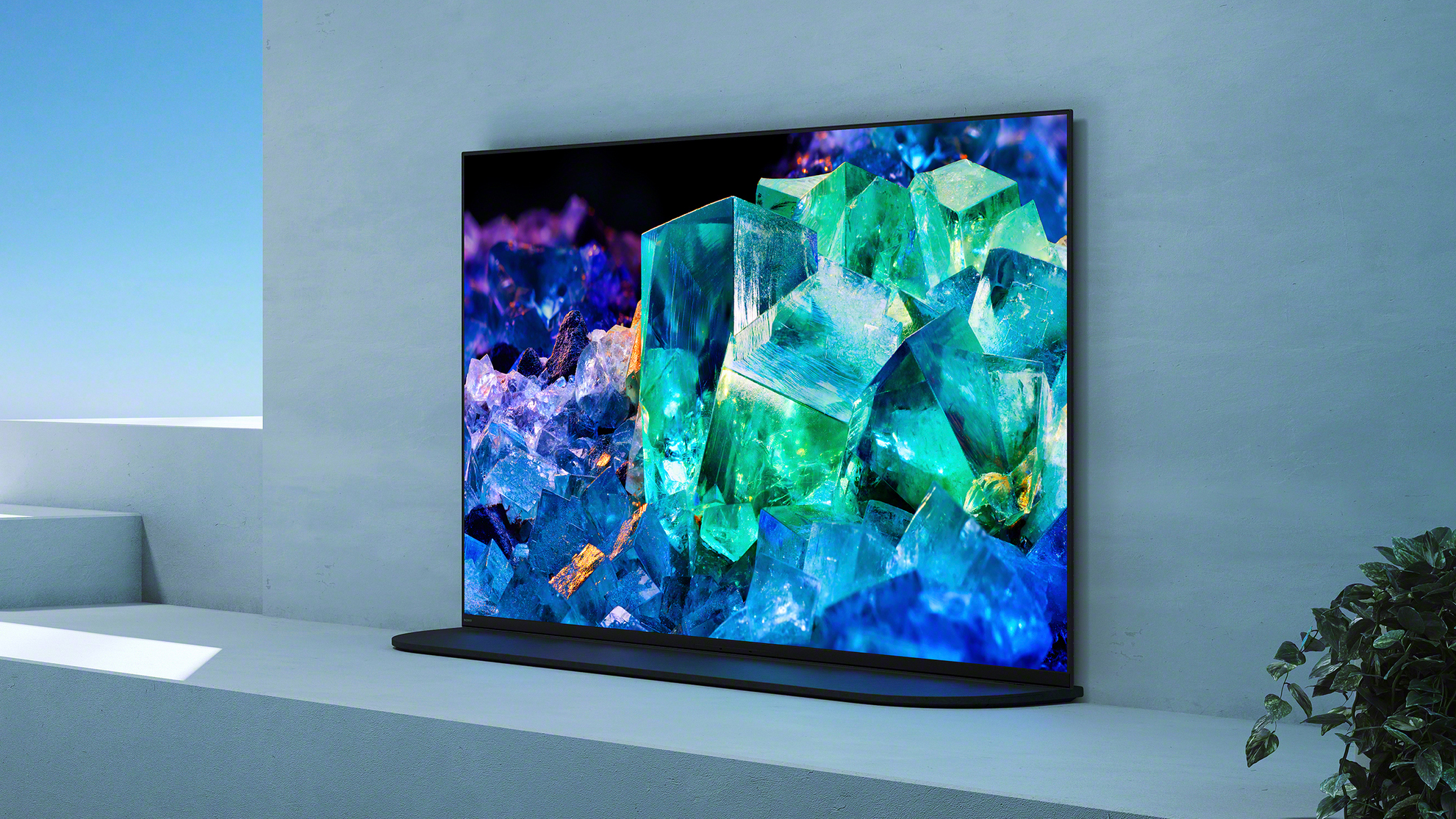 QD-OLED TVs suddenly look like an even smarter buy
QD-OLED TVs suddenly look like an even smarter buyPrices are falling, with even the best TVs getting closer in price to standard OLEDs
By Carrie Marshall

